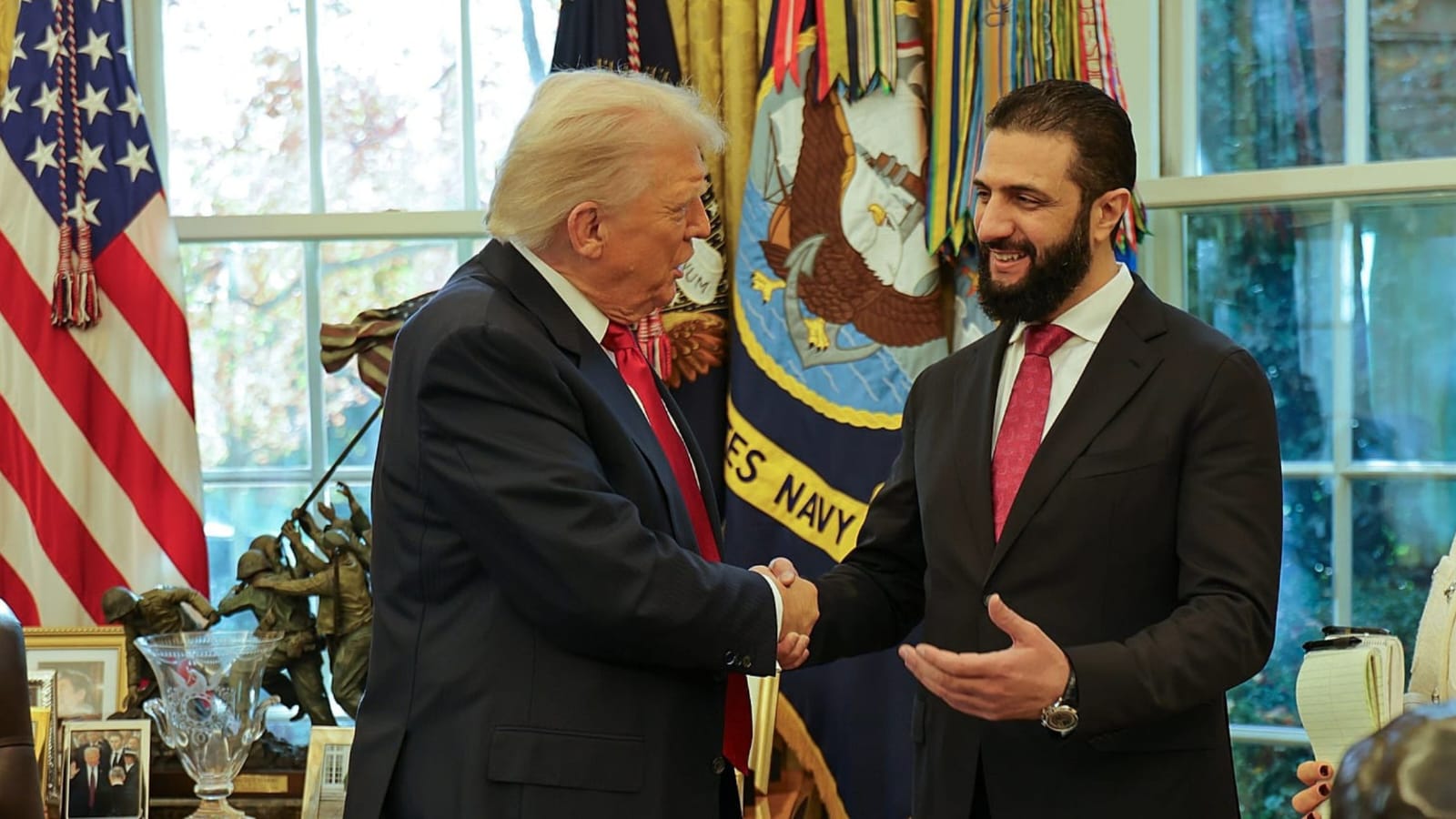Germany Appoints First Digital Minister Karsten Wildberger

Germany has taken a bold step towards modernizing its technological framework by appointing Karsten Wildberger as its first-ever Federal Minister for Digital Affairs. As Europe accelerates its drive for digital sovereignty, Germany’s decision is being seen as a defining move to place innovation at the heart of governance. With Wildberger, a proven business leader but a political newcomer, Germany signals its intention to embrace fresh perspectives for the future.
Karsten Wildberger: A Career Rooted in Digital Transformation
Karsten Wildberger brings an impressive record of leadership from the private sector. As CEO of Ceconomy AG, the parent company of MediaMarkt and Saturn, Wildberger managed over 1,000 stores across 11 countries, driving digital and operational transformation in Europe’s competitive consumer electronics landscape.
Before Ceconomy, Wildberger held significant positions at Boston Consulting Group, where he advised on corporate strategy, at Telstra in Australia leading their transformation initiatives, and at Germany’s energy giant E-ON. Wildberger said, “Digitalization and technology have been defining themes throughout my career, and the new ministry will play a decisive role in the modernization of our country.”
His request to Ceconomy’s Supervisory Board to release him from duties effective May 5, 2025, marks the beginning of a significant new chapter not only for Wildberger but for Germany’s digital journey.
A New Ministry Designed for Modern Challenges
For years, Germany’s digital affairs were tied to the Ministry of Transport, a structure that often diluted focus and slowed progress. Recognizing the need for a dedicated institution, Chancellor Friedrich Merz’s coalition government has launched a separate Ministry for Digital Affairs.
The Christian Democratic Union (CDU) had campaigned heavily for this move, emphasizing that future technologies need operational freedom and the government needs clear areas of responsibility. Creating a standalone ministry reflects a recognition that digitalization cuts across all sectors — economy, health, education, security, and governance itself.
This Ministry will focus on advancing Germany’s digital infrastructure, expanding high-speed internet access, accelerating smart city initiatives, modernizing administrative processes, and strengthening cybersecurity defenses. The stakes are high; Germany’s success could help Europe position itself as a global tech leader.
Digitalization and Europe’s Future: Germany’s Pivotal Role
Across Europe, digital sovereignty has emerged as a strategic priority. Nations are working to reduce reliance on non-European providers, invest in local tech industries, enhance cybersecurity, and protect citizen data under stringent new regulations like the GDPR.
Germany’s leadership in these efforts is essential. As Europe’s largest economy, its policies often set trends for the rest of the continent. Wildberger’s task will be to ensure that Germany not only modernizes internally but also contributes meaningfully to Europe’s broader digital ecosystem.
The European Union’s goals — embodied in initiatives like the Digital Services Act and the European Chips Act — align closely with the mission Wildberger will now lead in Germany. The creation of the Digital Ministry is being seen as a critical piece in Europe’s strategy to remain competitive in an increasingly tech-driven global economy.
Bitkom, Germany’s leading digital industry association, hailed the move, stating, “The establishment of the new department is a milestone for Germany, and its design will be decisive in determining whether it becomes a real driver of digitization.”
Challenges Ahead: Connectivity, Cybersecurity, and Innovation
Despite its economic strength, Germany has lagged behind some of its European peers in digital infrastructure. Connectivity gaps remain in rural areas, cybersecurity threats are increasing, and public services have been slow to transition to online platforms.
Wildberger will face multiple immediate challenges:
Expanding digital infrastructure: Germany needs comprehensive 5G coverage and improved fiber optic networks to compete globally.
Enhancing cybersecurity: Protecting public systems, critical infrastructure, and private data from rising cyber threats is non-negotiable.
Driving innovation: Germany must create an ecosystem where start-ups can thrive, research institutions can collaborate internationally, and digital entrepreneurship can flourish.
Bitkom noted, “Now more than ever, we need to become competitive, innovative, and digitally capable of acting — to get the economy going, strengthen social cohesion, improve security in cyberspace and bring the state up to date.”
Coalition Dynamics and Wildberger’s Independence
The incoming government under Chancellor Friedrich Merz reflects a power-sharing agreement among the centre-right CDU, the centre-left SPD, and Bavaria’s CSU. Seven ministries will go to CDU, seven to SPD, and three to CSU.
The establishment of the Digital Ministry was one of CDU’s key campaign pledges, but Wildberger’s lack of political baggage gives him a unique degree of independence. His non-partisan profile might allow him to act boldly without being entangled in political rivalries — provided he can navigate the sometimes complex coalition dynamics.
Observers note that Wildberger’s private-sector focus on efficiency and results could clash with the slower rhythms of government, but it could also inject much-needed urgency into Germany’s digital reforms.
Europe’s Race Against Global Competition
As Wildberger assumes office, he steps onto a European stage that is fiercely aware of global competition. Nations like the United States and China continue to dominate technology sectors, investing heavily in AI, quantum computing, cybersecurity, and new communication technologies.
Europe’s challenge is to foster an environment where homegrown innovations can succeed and where external dependencies are minimized. Germany’s new Digital Ministry, if successful, could help create templates for other European nations seeking to balance economic growth, technological independence, and democratic values.
From cross-border 5G networks to continent-wide AI ethics frameworks, Germany’s digital decisions will shape Europe’s technological and social future. Wildberger’s ministry could be the catalyst for a digitally united Europe that is confident, competitive, and ethical.
A New Era Begins for Germany and Europe
As Germany’s new government takes office on May 5, 2025, and Wildberger steps into his role, a new chapter begins not just for Germany, but for Europe’s place in the digital age. The Digital Ministry represents not only an administrative innovation but a philosophical one: a commitment to meeting modern challenges with modern leadership.
Wildberger’s success will depend on building strong alliances across the public and private sectors, working collaboratively with European partners, and making Germany — and by extension, Europe — a powerhouse of responsible technological leadership.
In an age where the future is increasingly written in lines of code and innovations in cyberspace, Germany’s move offers hope that tradition and transformation can walk hand in hand.







